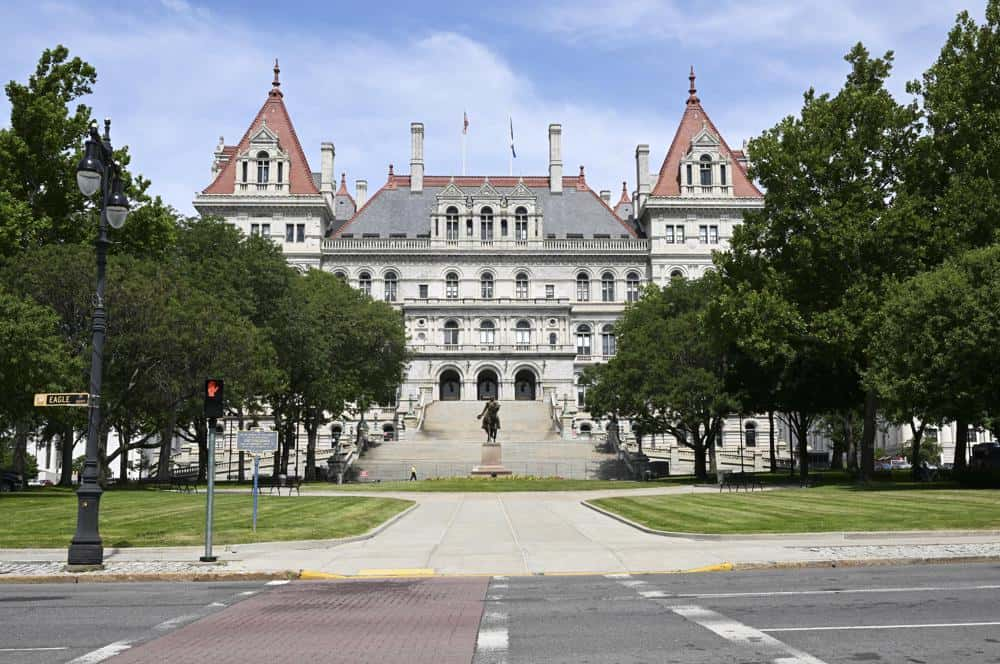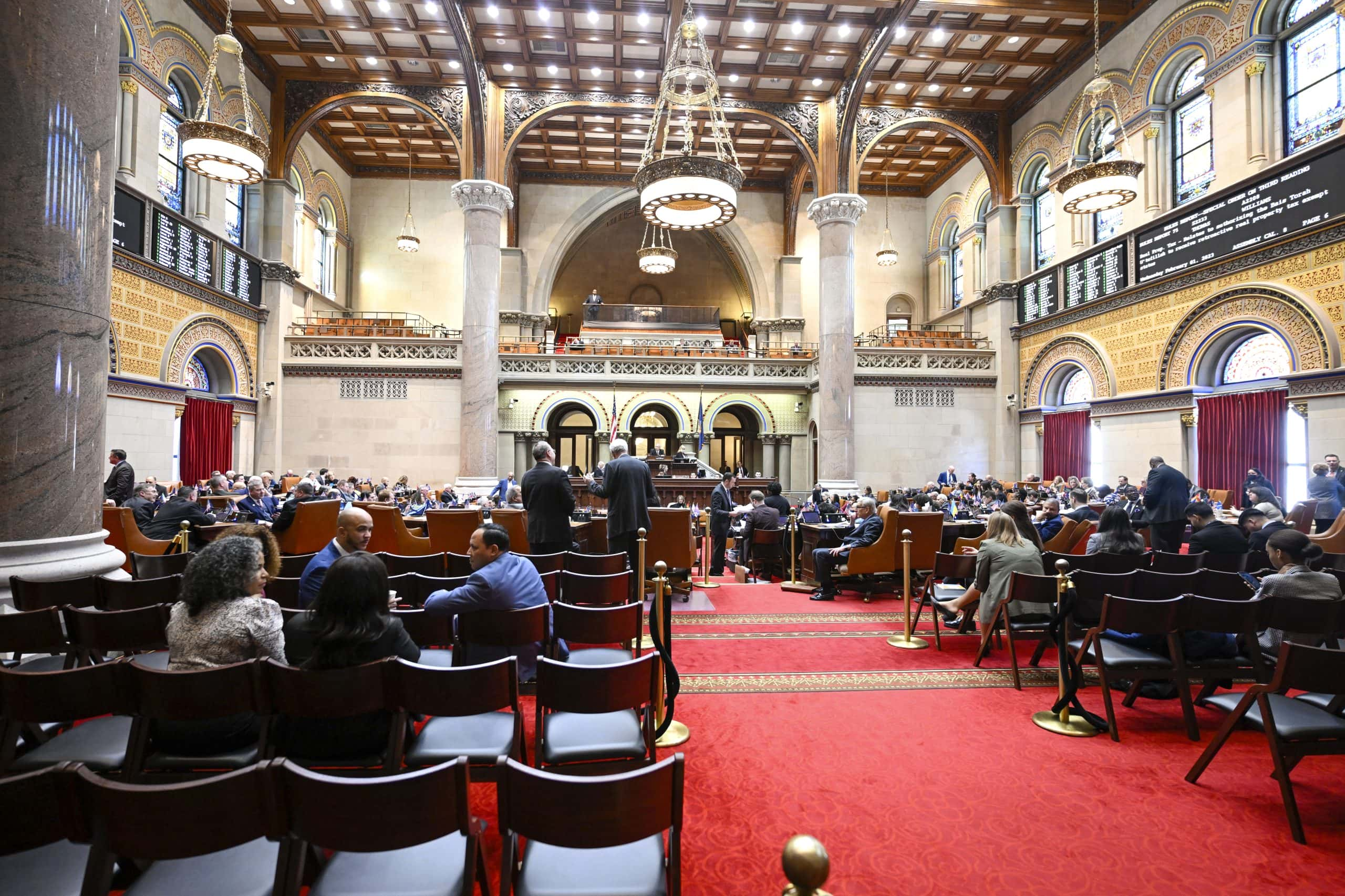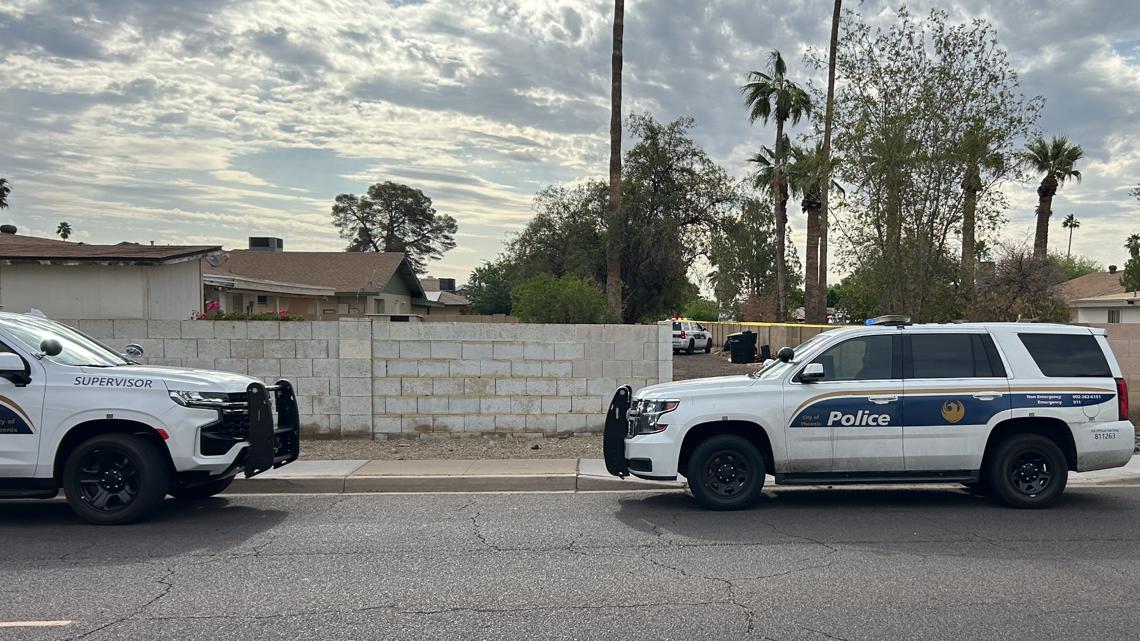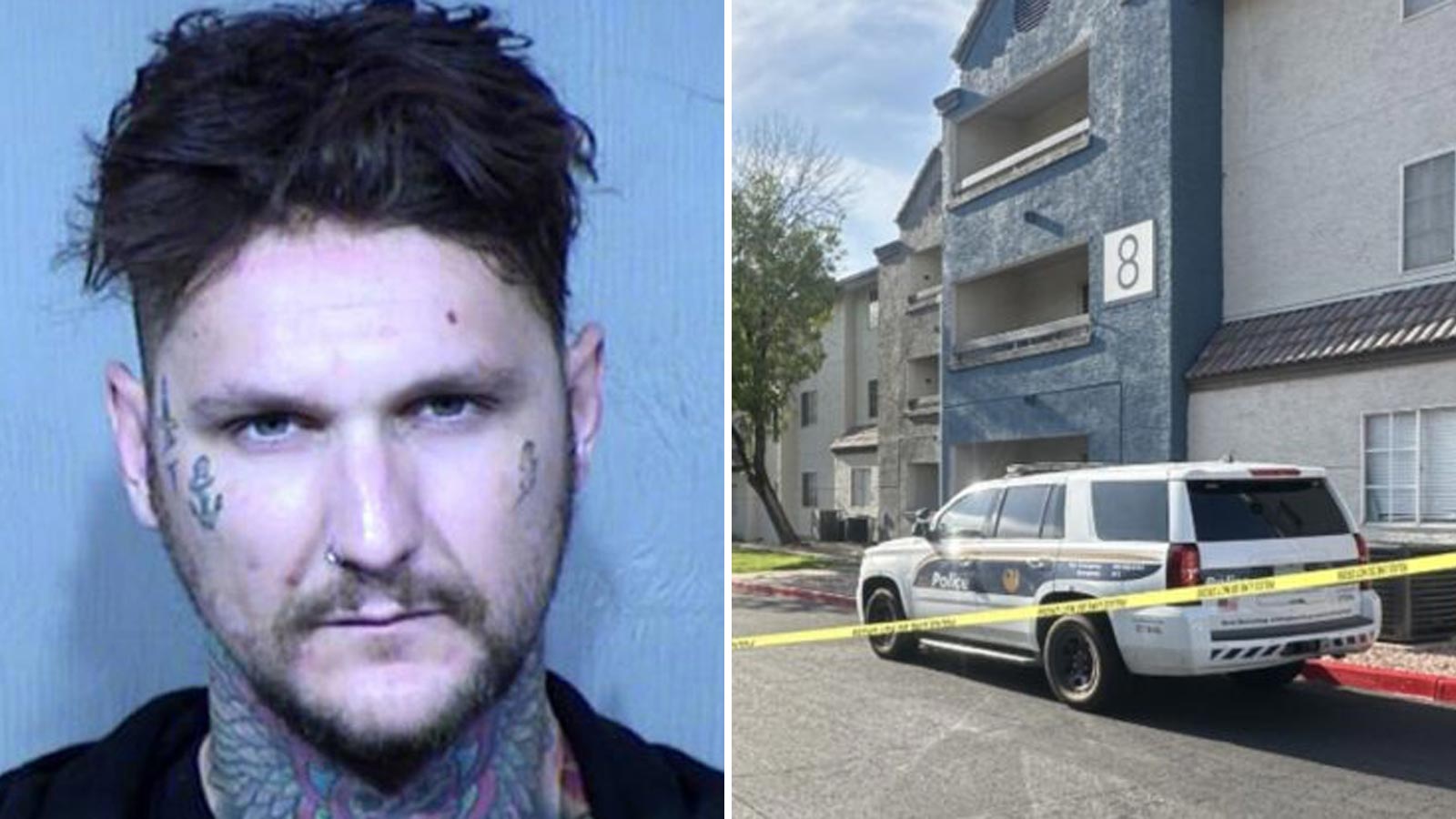New York lawmakers have passed a bill that would make it easier for individuals who have pleaded guilty to crimes they didn’t commit to challenge their convictions. The move has been met with objections from prosecutors who expressed concerns that it could lead to endless appeals by the guilty.

Currently, under state law, individuals who plead guilty to a crime are typically prohibited from seeking to have their convictions overturned on the basis of actual innocence, except in cases involving new DNA evidence. The new bill aims to relax this prohibition by allowing other types of evidence of innocence to be considered, as well as arguments claiming coercion into pleading guilty.
State Senator Zellnor Myrie, a Brooklyn Democrat, emphasized the importance of ensuring that innocent individuals are not incarcerated, stating that it aligns with the expectations of most New Yorkers and is consistent with the functioning of the legal system. However, it remains uncertain whether Governor Kathy Hochul, a Democrat, will sign the legislation into law.
The bill specifically targets cases like that of Steven Lopez, who, at the age of 15, was accused, along with several other New York City youths, of raping a jogger during a rampage in Central Park in 1989. Although five of the teens involved in the case were later exonerated by DNA evidence linking the crime to a serial rapist and murderer, Lopez’s guilty plea to a separate robbery charge that same night prevented him from benefiting from the subsequent overturning of the convictions.
It was only last year, after the Manhattan district attorney reviewing the case determined that Lopez’s guilty plea had been made under immense pressure, that the charges against him were finally dismissed.
While the bill is seen as a positive step for those wrongfully convicted, the District Attorney’s Association of the State of New York expressed concerns that it could create a pathway for unwarranted appeals by individuals who are actually guilty. The association argued that the bill could overwhelm the criminal justice system, potentially exacerbating its existing burdens.
Republican lawmakers also opposed the change in the law, asserting that it is unnecessary and tilts the scales of justice in favor of convicted criminals, disregarding the rights and needs of victims and law enforcement. They argued that processes and protocols already exist to address wrongful convictions.
In New York, the overwhelming majority, 94%, of felony cases are resolved through plea bargains, according to the New York State Association of Criminal Defense Lawyers. However, a 2018 ruling by a top court judge determined that individuals who plead guilty in New York cannot challenge their convictions unless they have DNA evidence supporting their innocence. This requirement makes it extremely challenging for defendants to have their cases reviewed by a judge, even when they possess substantial non-DNA evidence.
Attorney Thomas Hoffman, representing two clients whom he believes to be innocent, described the current appeal process for wrongful convictions as anxiety-inducing. Amanda Wallwin, a state policy advocate at the Innocence Project, a non-profit organization dedicated to exonerating wrongfully convicted individuals, welcomed the bill as long overdue. She expressed hope that it would enable wrongfully convicted individuals to present evidence of their innocence and secure their release, emphasizing the fundamental importance of distinguishing between guilt and innocence in the criminal legal system.
In conclusion, the recently passed bill in New York aims to facilitate the challenge of convictions by individuals who have pleaded guilty to crimes they didn’t commit. While supporters view it as a necessary step to address wrongful convictions, critics have expressed concerns about potential abuses and burdens on the criminal justice system.
READ ALSO: Tragic Shooting at Washington State Music Festival Leaves Engaged Couple Dead




